A Time to Live: 'I did not want to reveal at the end who was alive or dead' | reviews, news & interviews
A Time to Live: 'I did not want to reveal at the end who was alive or dead'
A Time to Live: 'I did not want to reveal at the end who was alive or dead'
Sue Bourne had a huge impact with her 2016 film 'The Age of Loneliness'. Here she introduces her new documentary
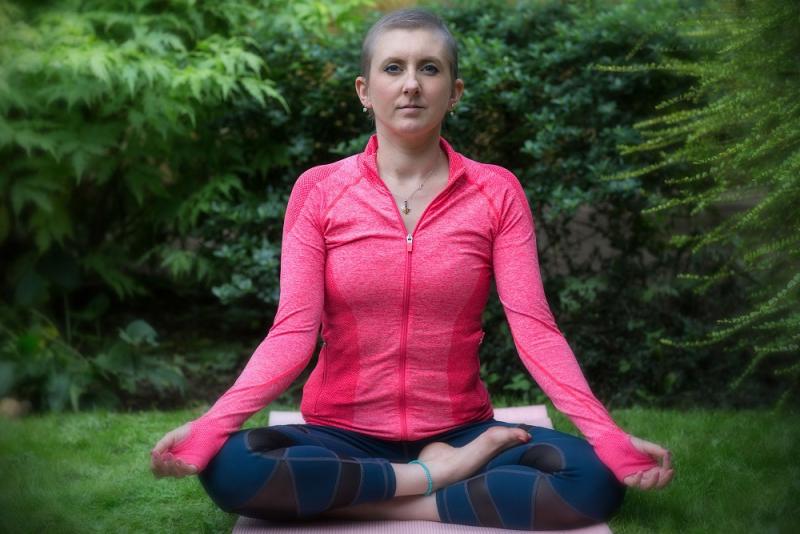
Do you ever wonder what you’d do if you were given a terminal diagnosis and told you may only have months to live? That question is what my latest film is all about. It may sound maudlin and sad but I can assure you it isn’t. And the reason for that is that the people I set out to find may have been terminally ill but they’d all chosen to make the most of the time they have left.
It’s not like other films I‘ve seen about death and dying because in essence it’s a film about life and living. It has taken a year to make and has been one of the most interesting and rewarding film-making experiences of my career. I knew I would need to find 12 people ranging in age from their twenties to their late sixties. It was a big ask and it took a long time to find them. We spent months talking to palliative care teams, charities and organisations working with the terminally ill. We trawled the internet for people who were blogging, writing or fund-raising. I did interviews for national and local radio. We talked to a lot of terminally ill people always making it clear it was for “background research” initially. Bit by bit we whittled the list down to our chosen 12. (Pictured below: Sue Bourne)
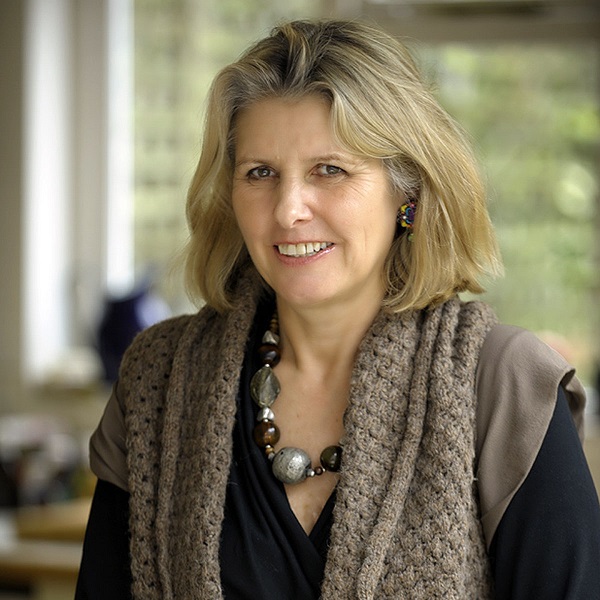 What had worked really well on my documentary The Age of Loneliness was having a shooting assistant producer work with me on the research and then doing the filming as well. So Natalie Walter joined me as shooting AP then David Williams joined us as a production/sound assistant when we were ready to film.
What had worked really well on my documentary The Age of Loneliness was having a shooting assistant producer work with me on the research and then doing the filming as well. So Natalie Walter joined me as shooting AP then David Williams joined us as a production/sound assistant when we were ready to film.
I didn’t want to start filming till I had our final list of interviewees. I needed to know everyone who was going to be in the film and exactly what I wanted to get from each of them. We were not filming unfolding narrative stories so their ability to tell their own story was critical. I wanted to know what it was like to be told you might die soon, how you come to terms with that news and how you find something positive in the prognosis. I was asking dying people to bare their souls on camera and I was asking some really tough questions. They had to be really honest with me and they had to know me quite well by the time we filmed them, and trust me.
I think they all agreed to take part because they believed in what I was trying to do. They wanted to make a contribution and help other people in the same position. They all said remarkable and surprising things. “I’ve had some of the happiest moments of my life since my diagnosis.” “I consider it a privilege to have the time to put my house in order.” “I’d rather have a short life lived well than a long life lived badly.” “I haven’t got much time left so I don’t want to waste that time being sad.” (Pictured below: Nigel)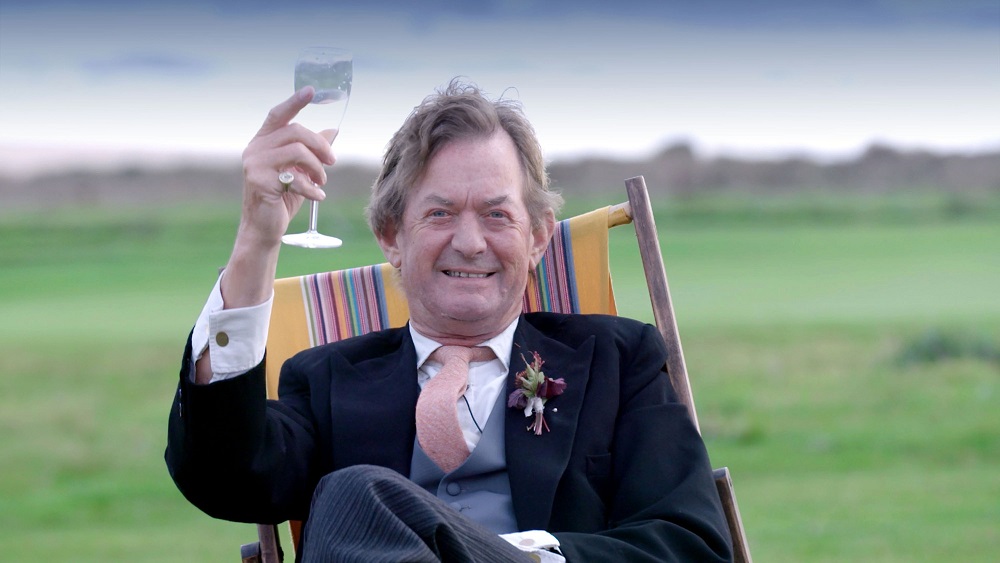 Once I had the final 12 people we hit the road, three months driving round the country filming. We were constantly changing our schedule when people weren’t well. In our very first week one of our star interviewees died before we got to her. She was just 25 years old. It’s fair to say it was not easy at times. But we all believed so much in the film that we kept ourselves together and kept going.
Once I had the final 12 people we hit the road, three months driving round the country filming. We were constantly changing our schedule when people weren’t well. In our very first week one of our star interviewees died before we got to her. She was just 25 years old. It’s fair to say it was not easy at times. But we all believed so much in the film that we kept ourselves together and kept going.
At the end of filming the team disbanded and I took quite a long recuperative break before starting the edit. Then I spent 10 weeks with editor Sam Santana putting it all together. Again it was a pretty intense and relentless experience but also wonderful. We cried, we laughed, we carefully crafted our film to ensure we did the contributors proud. The composer Steve Isles’s contribution to the film was critical. We wanted to ensure there was a real lightness of touch to reflect the spirit of the people in the film – their indomitability and their sense of humour. (Pictured below: Paulette)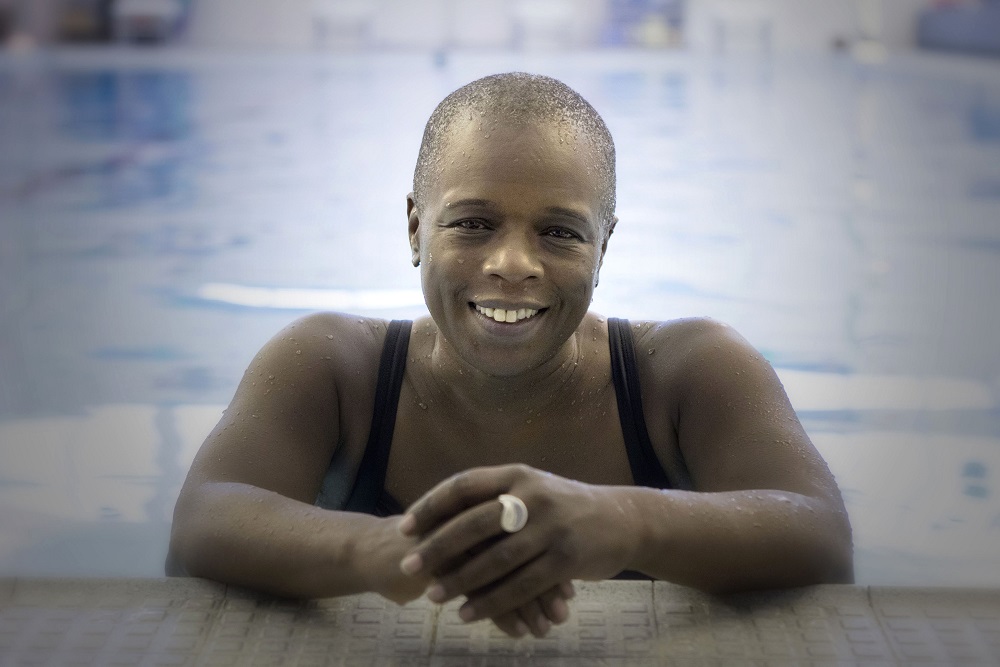 From the word go I’d made a handful of key decisions. Firstly, that the film would only have the voices of people with a terminal diagnosis. No wives, husbands, children, relatives or friends. Secondly, there would be no hospitals, doctors or treatment. We stuck to that as well. Thirdly, I did not want to reveal at the end of the film who was alive or dead. I wanted their voices to live on. The BBC allowed me to do that, too.
From the word go I’d made a handful of key decisions. Firstly, that the film would only have the voices of people with a terminal diagnosis. No wives, husbands, children, relatives or friends. Secondly, there would be no hospitals, doctors or treatment. We stuck to that as well. Thirdly, I did not want to reveal at the end of the film who was alive or dead. I wanted their voices to live on. The BBC allowed me to do that, too.
One other difference in A Time to Live is that there is very little of my commentary voice. This film is about the contributors’ voices – not mine. I felt I had nothing more to offer other than introducing what I set out to do and signing off at the end to say I was not going to say who was alive or dead. We are all going to die one day. I hope this film will help when that time comes.
Below: browse a gallery of participants in A Time to Live (click on the thumbnails to enlarge)
Explore topics
Share this article
Add comment
The future of Arts Journalism
You can stop theartsdesk.com closing!
We urgently need financing to survive. Our fundraising drive has thus far raised £49,000 but we need to reach £100,000 or we will be forced to close. Please contribute here: https://gofund.me/c3f6033d
And if you can forward this information to anyone who might assist, we’d be grateful.

Subscribe to theartsdesk.com
Thank you for continuing to read our work on theartsdesk.com. For unlimited access to every article in its entirety, including our archive of more than 15,000 pieces, we're asking for £5 per month or £40 per year. We feel it's a very good deal, and hope you do too.
To take a subscription now simply click here.
And if you're looking for that extra gift for a friend or family member, why not treat them to a theartsdesk.com gift subscription?
more TV
 Slow Horses, Series 5, Apple TV+ review - terror, trauma and impeccable comic timing
Jackson Lamb's band of MI5 misfits continues to fascinate and amuse
Slow Horses, Series 5, Apple TV+ review - terror, trauma and impeccable comic timing
Jackson Lamb's band of MI5 misfits continues to fascinate and amuse
 Coldwater, ITV1 review - horror and black comedy in the Highlands
Superb cast lights up David Ireland's cunning thriller
Coldwater, ITV1 review - horror and black comedy in the Highlands
Superb cast lights up David Ireland's cunning thriller
 Blu-ray: The Sweeney - Series One
Influential and entertaining 1970s police drama, handsomely restored
Blu-ray: The Sweeney - Series One
Influential and entertaining 1970s police drama, handsomely restored
 I Fought the Law, ITVX review - how an 800-year-old law was challenged and changed
Sheridan Smith's raw performance dominates ITV's new docudrama about injustice
I Fought the Law, ITVX review - how an 800-year-old law was challenged and changed
Sheridan Smith's raw performance dominates ITV's new docudrama about injustice
 The Paper, Sky Max review - a spinoff of the US Office worth waiting 20 years for
Perfectly judged recycling of the original's key elements, with a star turn at its heart
The Paper, Sky Max review - a spinoff of the US Office worth waiting 20 years for
Perfectly judged recycling of the original's key elements, with a star turn at its heart
 The Guest, BBC One review - be careful what you wish for
A terrific Eve Myles stars in addictive Welsh mystery
The Guest, BBC One review - be careful what you wish for
A terrific Eve Myles stars in addictive Welsh mystery
 theartsdesk Q&A: Suranne Jones on 'Hostage', power pants and politics
The star and producer talks about taking on the role of Prime Minister, wearing high heels and living in the public eye
theartsdesk Q&A: Suranne Jones on 'Hostage', power pants and politics
The star and producer talks about taking on the role of Prime Minister, wearing high heels and living in the public eye
 King & Conqueror, BBC One review - not many kicks in 1066
Turgid medieval drama leaves viewers in the dark
King & Conqueror, BBC One review - not many kicks in 1066
Turgid medieval drama leaves viewers in the dark
 Hostage, Netflix review - entente not-too-cordiale
Suranne Jones and Julie Delpy cross swords in confused political drama
Hostage, Netflix review - entente not-too-cordiale
Suranne Jones and Julie Delpy cross swords in confused political drama
 In Flight, Channel 4 review - drugs, thugs and Bulgarian gangsters
Katherine Kelly's flight attendant is battling a sea of troubles
In Flight, Channel 4 review - drugs, thugs and Bulgarian gangsters
Katherine Kelly's flight attendant is battling a sea of troubles
 Alien: Earth, Disney+ review - was this interstellar journey really necessary?
Noah Hawley's lavish sci-fi series brings Ridley Scott's monster back home
Alien: Earth, Disney+ review - was this interstellar journey really necessary?
Noah Hawley's lavish sci-fi series brings Ridley Scott's monster back home
 The Count of Monte Cristo, U&Drama review - silly telly for the silly season
Umpteenth incarnation of the Alexandre Dumas novel is no better than it should be
The Count of Monte Cristo, U&Drama review - silly telly for the silly season
Umpteenth incarnation of the Alexandre Dumas novel is no better than it should be


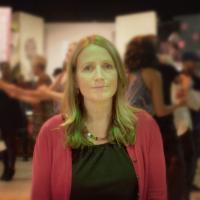

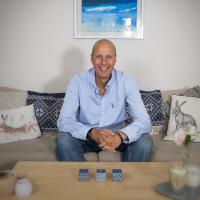
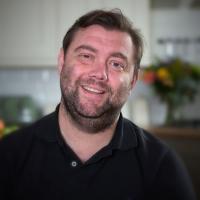
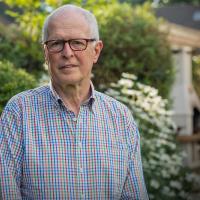
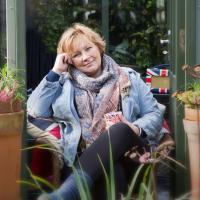

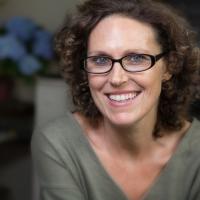
Comments
Will be on the sofa at 9pm
Thank you for making this
Just thanking you for this
I think these people are so
So fantastic, really enjoyed
What a remarkable, uplifting
Exactly how I felt.
THOUGHT PROVOKING
A wonderful programme- I
It was a lovely, heart
Thanks for this amazing
Fantastic documentary. Love
I've just lost my sister to
A Time to Live
Beautifully written, I too
Beautifully written, I too watched in admiration of the brave brave souls. I am glad Nigel realised that all that is important is love.
It is so true that love is
My dad was diagnosed with
Paulette was a wonderful lady
This programme has changed my
A thought provoking
I had the same outlook as